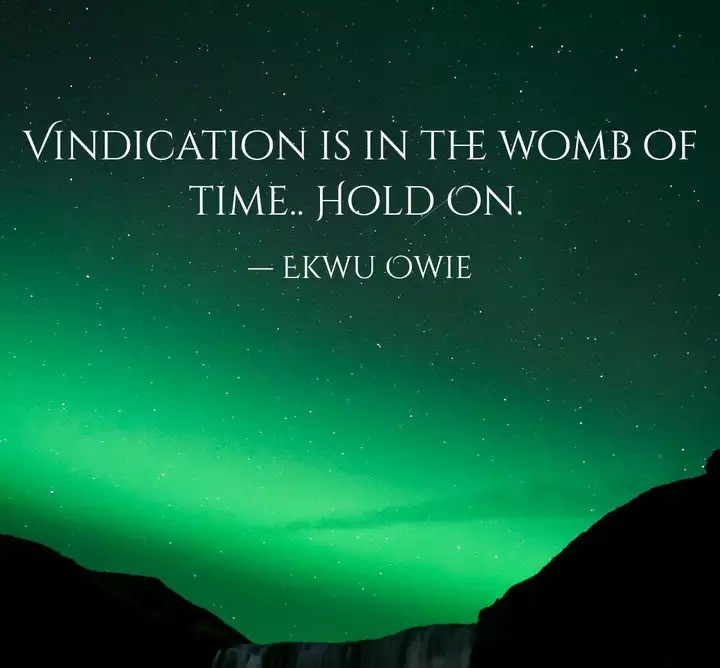In the annals of history, the aphorism “vindication is in the womb of time” has served as a beacon of hope, suggesting that time holds the power to reveal truth and justice. Yet, in the context of Ghana’s rich tapestry of events, one cannot help but question: Is vindication truly bestowed by the passage of time?
Throughout Ghana’s history, poignant examples emerge that both affirm and challenge this notion. One such instance is the story of Kwame Nkrumah, the visionary leader whose fervent pursuit of independence galvanized a nation. In 1957, Ghana became the first sub-Saharan African country to break free from colonial rule, marking a historic triumph in the fight against oppression. Nkrumah’s relentless advocacy for self-determination seemed to epitomize the idea that time, indeed, harbors the seeds of vindication.
However, the narrative takes a sobering turn as we reflect on the tumultuous events that followed Nkrumah’s tenure. Political instability, economic downturns, and the erosion of democratic principles plagued the nation, casting doubt on the notion of inevitable vindication. The optimism of independence gave way to disillusionment, revealing the complexities inherent in Ghana’s journey toward progress.
Another poignant parallel arises in the realm of social justice and human rights. The legacy of slavery and colonialism left deep scars on Ghana’s social fabric, manifesting in persistent inequalities and injustices. The quest for vindication for victims of historical injustices, such as the transatlantic slave trade, underscores the enduring struggle for recognition and restitution. While the passage of time has brought strides in acknowledging past wrongs, true vindication remains elusive for many.
Moreover, the issue of environmental degradation provides a contemporary lens through which to examine the concept of vindication. Ghana, like many developing nations, grapples with the adverse effects of climate change and unsustainable practices.
The degradation of natural resources, such as deforestation and pollution, threatens the livelihoods of communities and the integrity of the environment. As we confront these challenges, the question arises: Can time alone deliver the vindication sought for the ravages inflicted on the earth?
In confronting these complexities, it becomes evident that the notion of vindication as a linear progression is overly simplistic. While time may offer opportunities for reflection, reconciliation, and progress, true vindication requires deliberate action and collective resolve. It necessitates the pursuit of justice, the preservation of dignity, and the commitment to transformative change.
As Ghanaians, we stand at a crossroads, tasked with shaping the course of our nation’s narrative. The lessons of history remind us that the pursuit of vindication is not passive but requires active engagement and unwavering dedication. It is in our hands to forge a future where justice prevails, where the wounds of the past are healed, and where vindication is not merely awaited but actively pursued.
The aphorism “vindication is in the womb of time” offers an expressive reflection on the complexities of Ghana’s historical journey. While time may hold the potential for vindication, its realization depends on our willingness to confront the challenges of the present and to chart a path toward a more just and equitable future.
There is then the need to embrace this responsibility and honor the struggles of those who came before us and pave the way for generations yet to come. In doing so, we affirm that true vindication is not a passive outcome but a collective endeavor guided by the enduring values of justice, dignity, and resilience.

